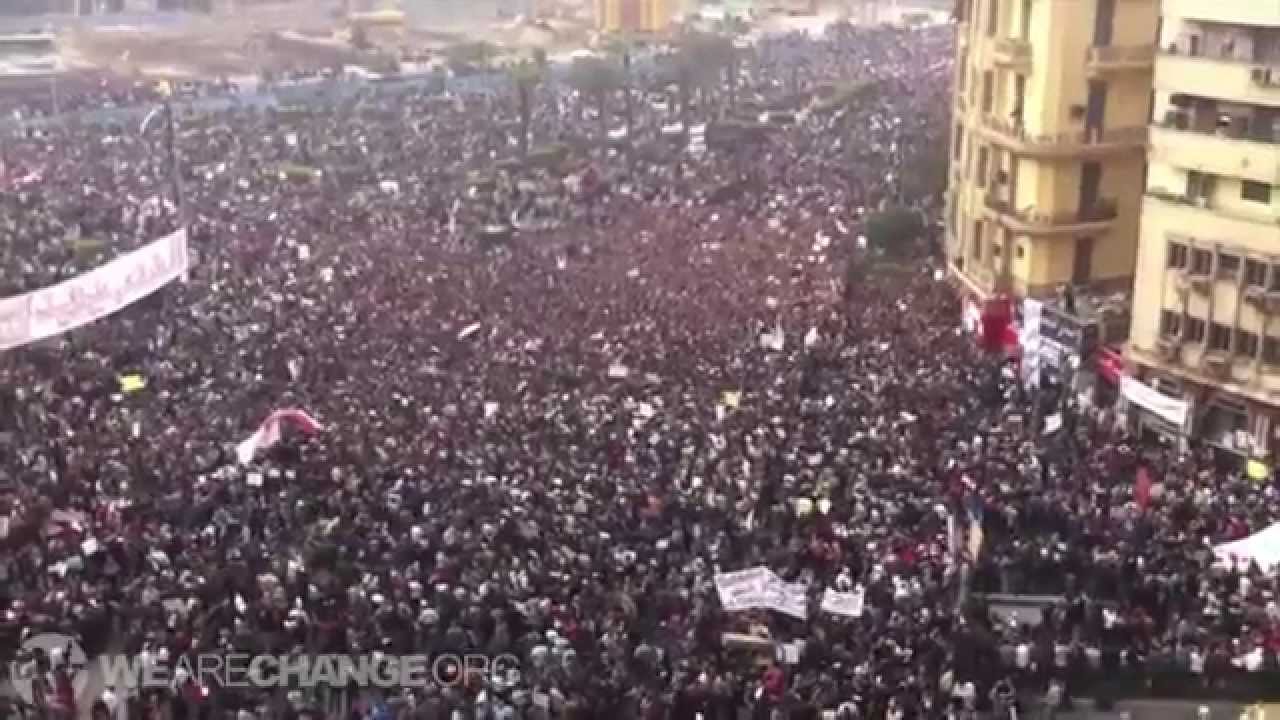The Bahá’í teachings offer a profound exploration of the transformative potential of individuals and small groups to effectuate significant change. This concept, entwined with the fabric of Bahá’í philosophy, posits that a select few possess the latent capability to catalyze societal evolution, akin to the delicate yet powerful pulse of a heart within a vast organism. Within this context, the power of the few can serve as the fulcrum for the tipping points that reshape human civilization.
At the nexus of this philosophy lies the idea that every person, regardless of their station in society, harbors intrinsic potential for greatness. This notion aligns seamlessly with the Bahá’í tenet that “the earth is but one country, and mankind its citizens.” Such a profound statement underscores the interconnectedness of humanity. It advocates an understanding that transcends geographic boundaries, urging individuals to recognize their role within a global context. Accordingly, the few who grasp this unity can inspire change far exceeding their immediate surroundings. Their insight acts as a beacon, drawing others into a collective effort towards a more just and harmonious world.
In exploring the mechanisms through which this power manifests, one can draw parallels with the concept of a “rippling stone” cast into a tranquil pond. The initial disruption—though seemingly small—radiates outward, affecting the entire surface. In this metaphor, the few individuals who act with purpose and conviction become the agents of change, sending ripples across their communities and, eventually, the world at large. Their actions may be motivated by a myriad of values, including justice, compassion, and service to humanity. Each ripple signifies a burgeoning awareness, urging observers to engage, reflect, and ultimately alter their perceptions and behaviors in pursuit of collective progress.
One of the most alluring aspects of this dynamic is encapsulated in the notion of “unity in diversity.” The Bahá’í teachings celebrate the rich tapestry woven from varied backgrounds, beliefs, and cultures. The power of the few is magnified when these individuals collaborate, their unique perspectives forming alliances that strengthen their impact. Their efforts become a symposium of ideas, a confluence where innovative solutions to contemporary challenges can be conceived.
Through engagement in communal activities or educational endeavors, individuals can foster environments that encourage dialogue and understanding. The Bahá’í approach to consultation embodies this spirit. In these gatherings, the exchange of views occurs without prejudice, leading to decisions based on the collective wisdom of the group. This deliberative process acknowledges the importance of every voice, thereby enriching the discourse and propelling the group toward meaningful action. The power of the few thus flourishes in an environment where all contributions are valued, allowing creative ideas to blossom.
Moreover, the Bahá’í teachings assert that the power to change the world is intimately tied to the notion of service. Altruism emerges as a significant thread in the fabric of meaningful action. When a few individuals dedicate themselves to the selfless service of others, they beckon an ethos of responsibility that resonates deeply within their communities. This echoes the principle that true progress is inextricably linked to the welfare of all; as spelled out in Bahá’í writings, service to humanity ultimately serves the self.
This altruistic approach encourages a shift from self-interest toward a more profound commitment to the common good. Past experiences, both personal and historical, illustrate how a mere handful of dedicated individuals can spearhead transformational movements. Figures such as Mahatma Gandhi, Martin Luther King Jr., and Nelson Mandela serve as exemplars of this principle. Their earnest convictions mobilized multitudes, underscoring the profound impact a few determined souls can wield.
Yet, it is vital to recognize that the path to enact change is often fraught with challenges. The endeavor requires resilience, as those who aspire to ignite change frequently encounter systemic barriers and entrenched apathy. Adapting to these realities necessitates unwavering faith in the transformative potential of their efforts. The Bahá’í teachings underscore the importance of perseverance and the cultivation of virtues such as patience and humility in navigating these tribulations.
Furthermore, the teachings advocate for the empowerment and education of the younger generation, recognizing them as harbingers of future change. By instilling the principles of unity, justice, and service in youth, the current generation equips them with the tools needed to build a brighter world. An investment in education—beyond mere academic achievement—encompasses character development, ethical reasoning, and an appreciation for diversity. This holistic approach aligns with the Bahá’í vision of fostering a world where every individual can harness their unique skills for the betterment of humanity.
In summary, the Bahá’í teachings illuminate the profound notion that the power of few, when harnessed for noble causes, can transcend personal aspirations and yield monumental societal transformation. This journey invites individuals to embrace a collective responsibility towards a unified world. It calls for the exploration of interconnected roles within humanity’s grand narrative, identifying the agency one possesses to cultivate harmony amidst diversity. Through service, collaboration, and the commitment to a common vision, the transformative potential of a few can ignite a movement capable of changing the course of history. In a world rich with complexities, this paradigm provides a hopeful lens through which one can envision a better tomorrow, tailored by the hands of the few for the benefit of the many.
